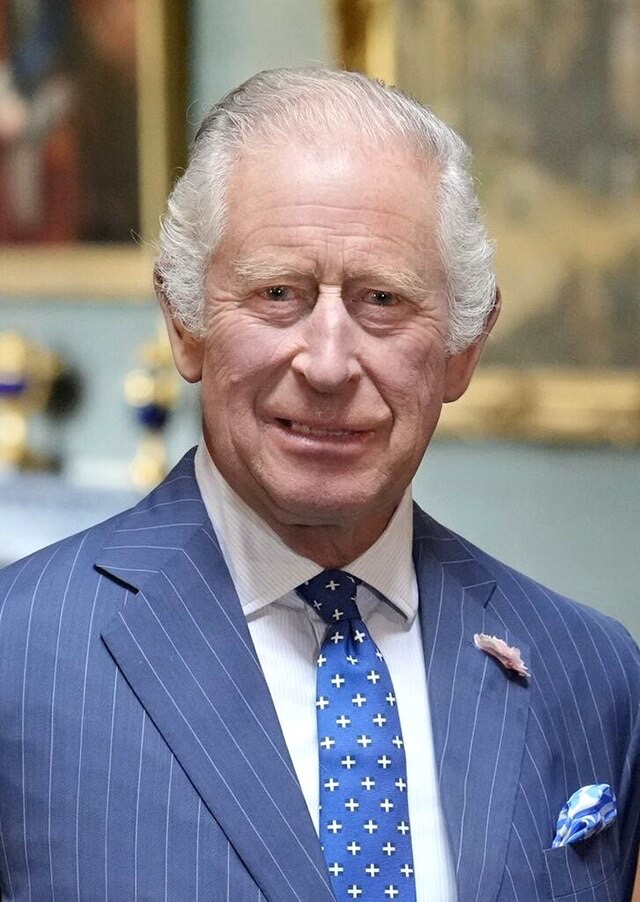In a surprise twist on tradition, King Charles III used his 2025 Easter message to highlight not only Christian values but also the teachings of Islam and Judaism. The King’s remarks, delivered with sincerity and warmth, centered on the universal need for faith, hope, and love, drawing on the shared principles of the Abrahamic religions. While the message was widely praised for its inclusive tone, it also sparked debate over the role of Christianity during a sacred Christian holiday.
As the Supreme Governor of the Church of England, the King’s choice to invoke interfaith themes in an Easter address may signal a broader shift toward religious inclusivity in the monarchy’s public messaging.
Here’s what the King said, why it matters, and how Britain’s religious communities and commentators have responded.
What the King Said in His Easter Message
In the broadcast aired ahead of Easter Sunday, King Charles reflected on the universal human experiences of kindness, compassion, suffering, and resilience. He noted:
“As we celebrate Easter, we are reminded of the importance of caring for one another. This is a value shared by Christianity, Islam, and Judaism alike.”
His speech was a heartfelt appeal to unity in a world increasingly marked by division. Emphasizing the power of love, he quoted the Apostle Paul’s words: “And the greatest of these is love.”
The full statement can be read on the official Royal Family website.
Honoring All Faiths During a Christian Holiday
King Charles‘ remarks marked a notable shift from traditional Easter addresses, which typically focus solely on the resurrection of Christ and Christian salvation. By referencing the ethical teachings of Islam and Judaism, the King emphasized shared spiritual values, especially the importance of service, humility, and compassion.
This inclusive tone aligns with the King’s long-standing advocacy for interfaith dialogue. Earlier this year, he hosted the first open Iftar at Windsor Castle, welcoming over 360 Muslim guests to break their Ramadan fast in the historic State Apartments—a move that was both symbolic and groundbreaking. GB News covered the event in detail, highlighting the King’s dedication to building bridges between religious communities.
A King of All Faiths? Or a Dilution of Easter?
While many religious leaders and commentators praised the King’s message as a much-needed call for unity in a fractured world, others were less impressed.
Dr. Gavin Ashenden, former chaplain to Queen Elizabeth II, called the Easter message “disrespectful,” suggesting it failed to properly honor the central role of Jesus Christ in Christian theology. In an interview with GB News, he said:
“There’s nothing wrong with promoting interfaith harmony, but Easter should remain a sacred celebration of Christ’s resurrection—not a multi-faith sermon.”
This sentiment was echoed by some traditionalist commentators, who argued that the King blurred religious lines during one of Christianity’s most sacred seasons.
A Consistent Vision for Interfaith Britain
Despite the controversy, the King’s Easter message reflects a consistent vision he has upheld since his days as Prince of Wales. King Charles has long been a champion of multiculturalism and interfaith cooperation. He has previously spoken of becoming not just the Defender of the Faith but the “Defender of Faiths,” signaling a broader spiritual role for the monarchy in a modern, pluralistic Britain.
His Easter remarks are therefore less of a surprise to long-time observers and more of a continuation of this inclusive philosophy. According to Sky News, the King also used his message to honor humanitarian workers in conflict zones—underscoring that religious values must translate into real-world acts of courage and compassion.
Why This Message Matters in 2025
The timing of the King’s interfaith message is significant. In a year marked by global conflict, rising antisemitism, and Islamophobia, his remarks serve as a moral appeal for unity and peace. With his platform as monarch, King Charles has the ability to set the tone for public discourse, especially on sensitive topics like religion and identity.
By blending Christian doctrine with acknowledgments of Jewish and Islamic teachings, he promotes a vision of spiritual solidarity without erasing individual faith identities.
Conclusion
King Charles’ 2025 Easter message may not have pleased everyone—but it certainly made an impact. By referencing Islam and Judaism during a Christian holiday, the King demonstrated his commitment to a modern monarchy that reflects Britain’s diverse religious makeup. Whether seen as a bold step toward unity or an overreach into interfaith blending, the message has ignited meaningful conversations about faith, inclusion, and national identity.
In a divided world, King Charles offered a reminder that while our beliefs may differ, our values can still align—especially when rooted in love, compassion, and respect.
FAQs
1. What did King Charles say about Islam and Judaism in his Easter message?
He highlighted that the values of caring for others are shared by Christianity, Islam, and Judaism, and emphasized the importance of love and compassion across all faiths.
2. Why is this Easter message considered controversial?
Some critics argue that referencing other religions during a Christian holiday undermines the religious focus of Easter, which celebrates the resurrection of Jesus Christ.
3. Has King Charles spoken about interfaith unity before?
Yes, he has a long history of promoting interfaith dialogue, including hosting Muslim guests during Ramadan at Windsor Castle.
4. Where can I read the full Easter message?
You can read the full speech on the official Royal Family website.
5. What’s next for the monarchy’s interfaith outreach?
With ongoing support from religious leaders, the King is expected to continue hosting events and making public statements that reflect a more inclusive approach to faith in Britain.



